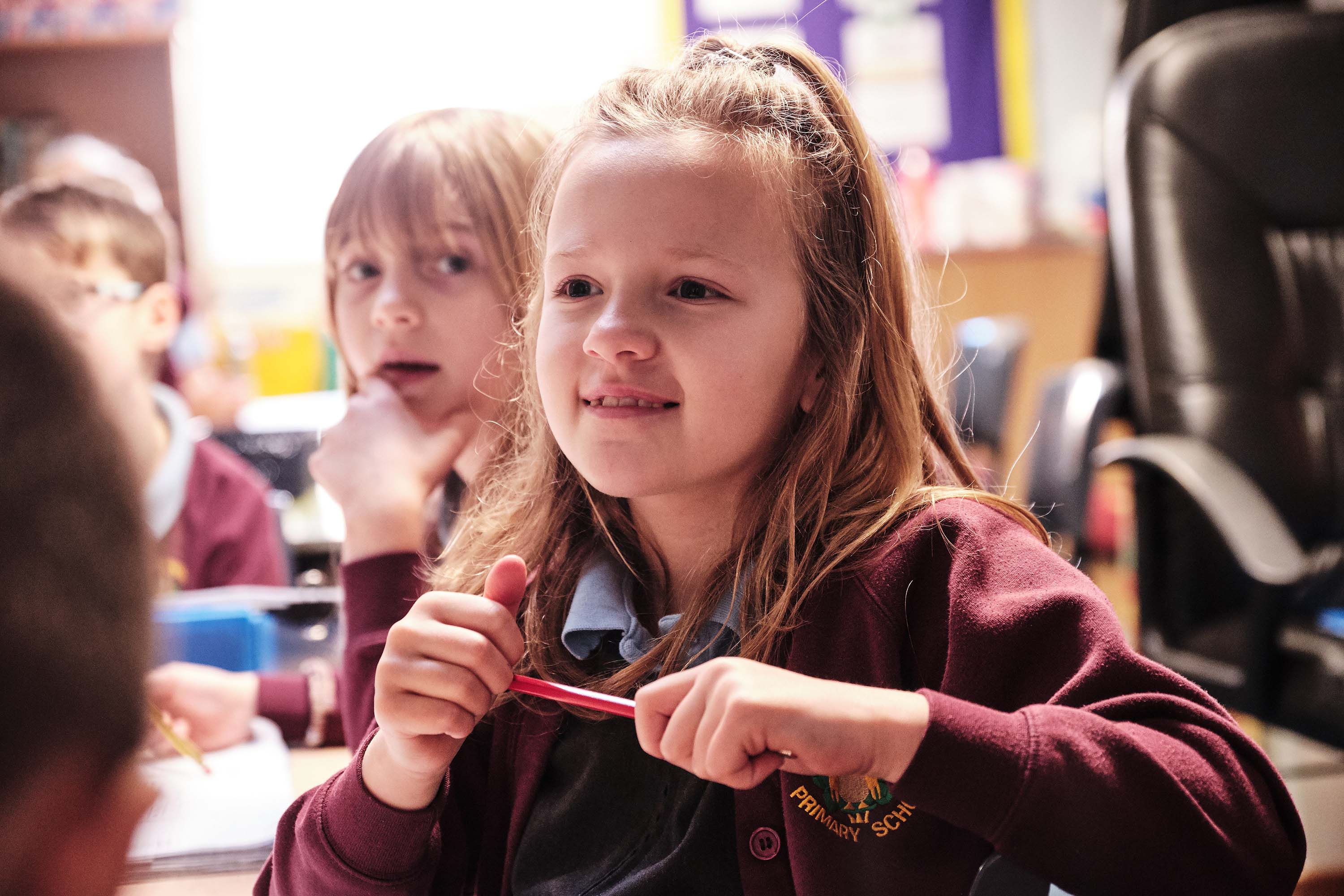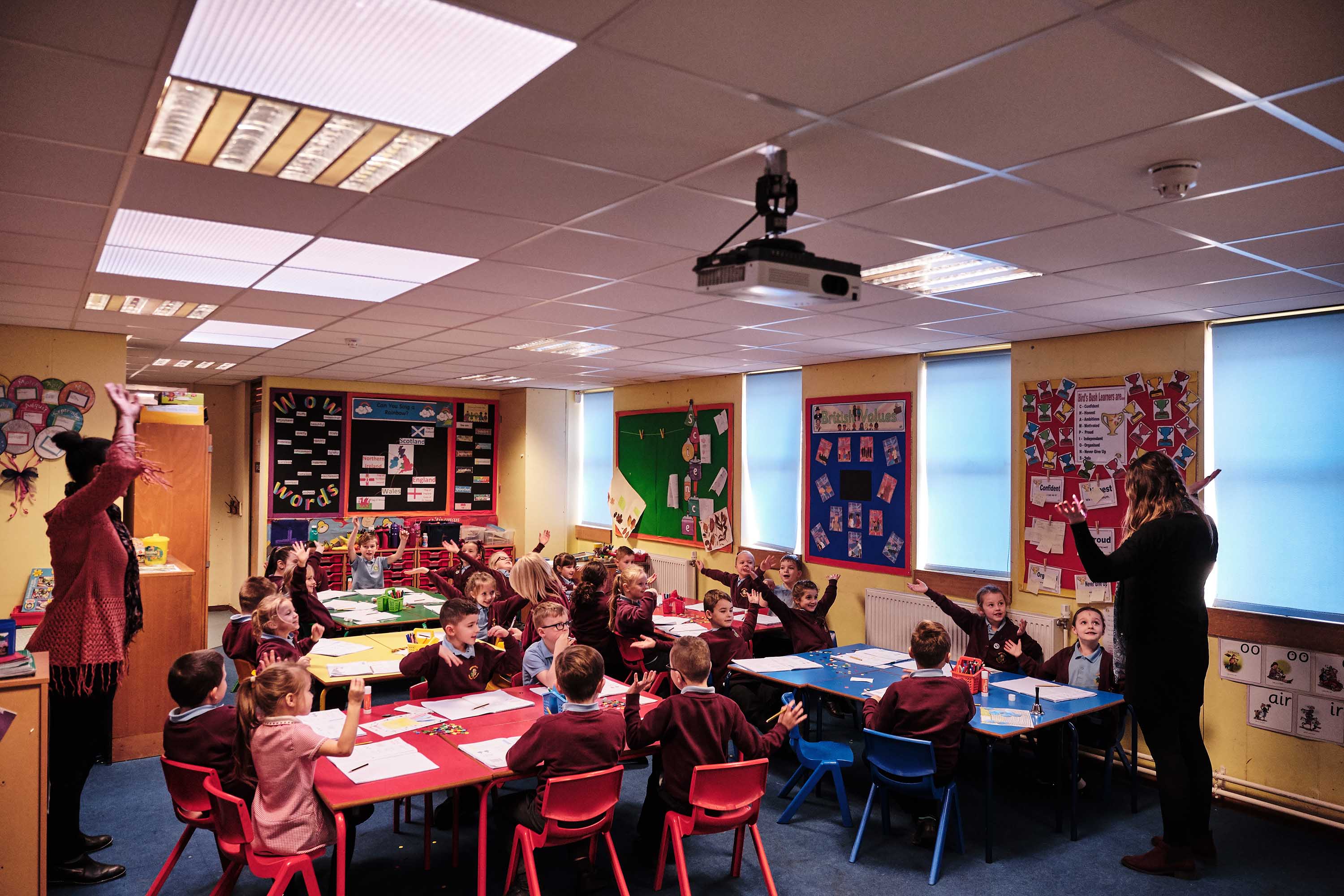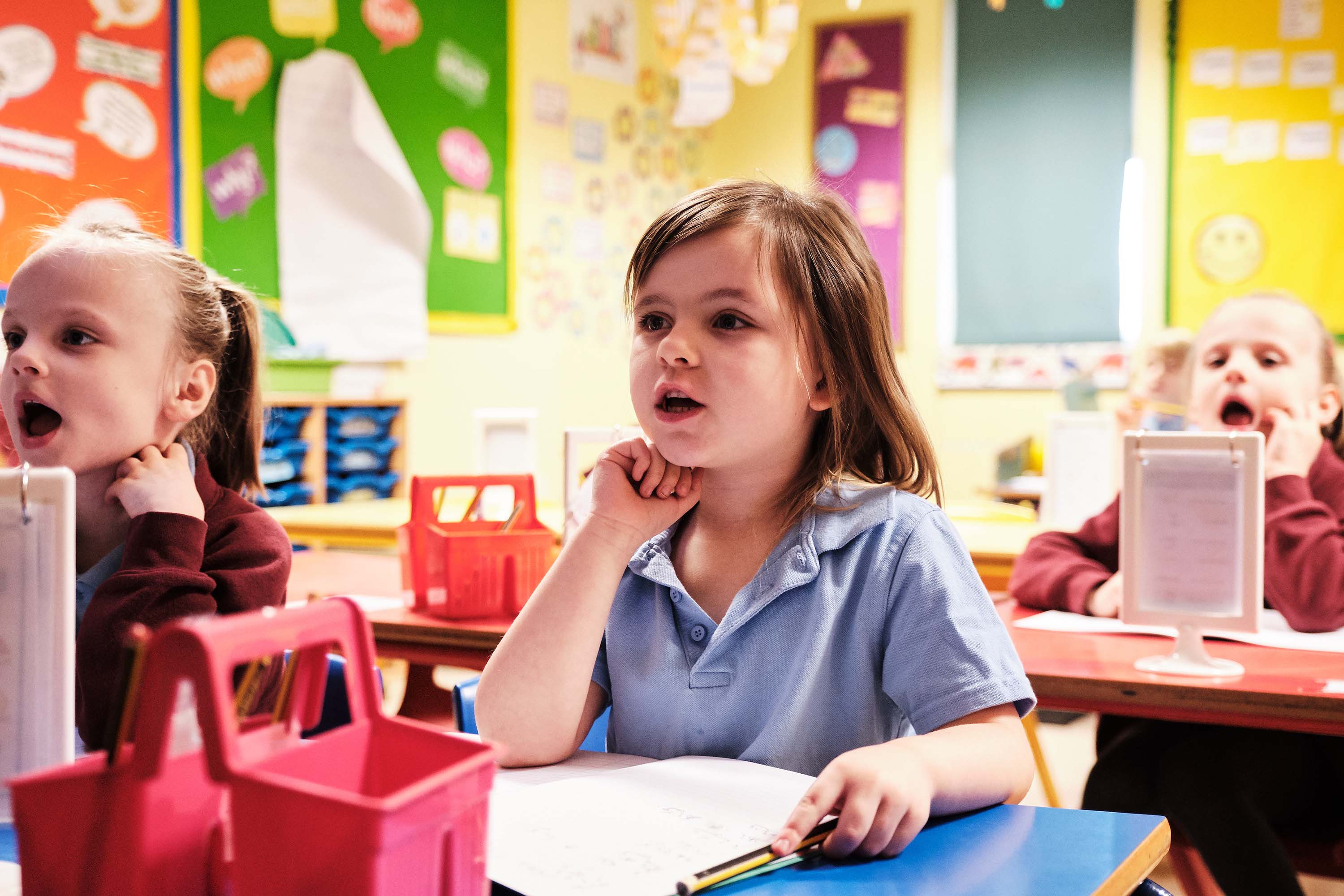SCIENCE at BIRD’S BUSH
TEACHING SCIENCE IN SCHOOL
At Bird’s Bush Primary School, our Curriculum aims to enable children to understand the world around them through a scientific lens. In doing so, we look to ensure that pupils are well-equipped to go forth into their secondary education and later life with curiosity, passion and a desire for discovery. We do this by using the PKC curriculum as the vehicle for our scientific learning in school.
Pupils will be taught units of work that cover and go beyond the requirements of the National Curriculum. As a result, pupils gain a deep understanding of science as a unique discipline, constituting of the three strands of biology, chemistry and physics. Alongside this, pupils will also encounter a series of units that develop their understanding of earth science, developing their understanding of environment and sustainability.
Pupils will build a body of key foundational science knowledge as they work through the curriculum, asking questions and developing a sense of curiosity about the world around us through a curriculum that builds knowledge incrementally.
Pupils have multiple opportunities to secure and build upon their knowledge by revisiting subject content at carefully sequenced points throughout the curriculum. By building upon their knowledge in a cumulative manner, we ensure pupils secure a greater breadth and depth in their understanding of scientific knowledge, skills and the discipline of science. This progression helps children to master the knowledge and concepts whilst simultaneously building up an extended subject-specific vocabulary that enables them to communicate their knowledge.
To complement this, pupils will also develop their understanding of the five types of scientific enquiry: observing over time; pattern-seeking; identifying, classifying and grouping; comparative and fair testing; and researching using secondary sources. Scientific enquiries will provide children with a wealth of opportunities to explore what they have learnt.
Pupils will also encounter people who have made significant contributions to the field of science over time, learning that science has been a quest for understanding for many years, and will continue to be so in the future. They learn that the people who have contributed to science, from Ancient Baghdad to Ancient Rome and beyond, are diverse and many voices make up the history of scientific enquiry. For example, pupils learn about the work of scientists such as Lewis Howard Latimer, who invented the carbon filament that allowed Edison’s lightbulb to light up the world, and Jabir ibn Hayyan, who is thought to have invented a crucial tool for the distillation process: the alembic.



WHY IS SCIENCE IMPORTANT TO OUR CHILDREN?
Bella - Year 1
Science is important because it helps us to learn about different types of food and what we can eat. We learn about our bodies in science. I have learnt that plants need water and sun to grow.
Taylor - Year 2
Science helps us to learn all sorts of important things. It teaches us about our bodies, like our senses and our skeleton. Science helps us to stay healthy because when we learn what our bodies need we can stay healthy. We need food and water otherwise we will become dehydrated. We also need to get the right amount of sleep.
Scarlett - Year 5
Science is like maths, it can teach you a lot in life and you will use it in all your life. Science gives you knowledge to use when you are older. Science teaches us things like how to grow stuff or to make things. Science can even help with things like driving a car!
Rowan - Year 6
Science is important because it gives you knowledge for the real world and how it works. Because Science is all around us, it helps us to see how and why things happen. For example, I know how the world works. I know why we have seasons and photosynthesis. I know that my body is important and that taking medicine will help me when I feel poorly. I know that science is everywhere, from the shampoo in my bathroom to the sun outside. Science is all around us.